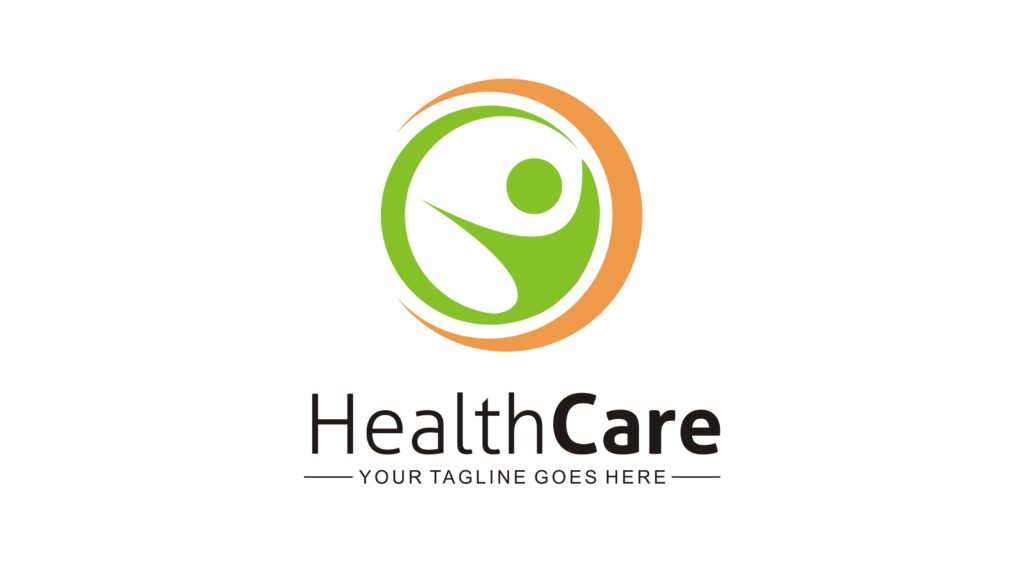Navigating Short-Term Medical Insurance: What You Need to Know
Introduction
Short-term medical insurance, also known as temporary health insurance or short-term health coverage, has gained popularity in recent years due to its flexibility and affordability. This type of insurance is designed to provide individuals with temporary coverage during life transitions or gaps in traditional health insurance plans. While short-term medical insurance can be a valuable solution for some, it’s crucial to understand its intricacies, limitations, and benefits fully. Navigating Short-Term Medical Insurance: What You Need to Know
In this comprehensive guide, we will delve into the world of short-term medical insurance, exploring its key features, eligibility criteria, advantages, and drawbacks. By the end of this article, you will have a clear understanding of whether short-term medical insurance is the right choice for your specific healthcare needs and circumstances.
Section 1: What Is Short-Term Medical Insurance?
Short-term medical insurance is a type of health coverage designed to provide temporary financial protection in case of unexpected medical expenses. Unlike traditional health insurance plans, short-term policies have a limited duration, typically ranging from a few months to a year. They are often chosen by individuals who find themselves without adequate coverage due to various reasons, such as job loss, a waiting period before employer benefits kick in, or transitioning between life stages.
In this section, we will discuss the fundamental characteristics of short-term medical insurance, including:
- Coverage and Duration
- Cost and premiums
- Coverage options
- Application process
Section 2: Who Should Consider Short-Term Medical Insurance?
Short-term medical insurance can be a suitable choice for specific situations and individuals. In this section, we will explore the circumstances in which short-term coverage might be beneficial, including:
- Recent graduates
- Early retirees
- Individuals between jobs
- Freelancers and Gig Workers
- Individuals Awaiting Medicare Eligibility
- International travellers
We will also discuss the importance of assessing your healthcare needs and financial situation before opting for short-term medical insurance.
Section 3: The Pros and Cons of Short-Term Medical Insurance
While short-term medical insurance offers several advantages, it also comes with certain limitations. In this section, we will provide an in-depth analysis of the pros and cons of short-term coverage. Some of the topics we will cover include:
Pros:
- Affordability
- Quick enrollment
- Customizable coverage
- Broader network access
Cons:
- Limited coverage
- Pre-existing conditions
- No essential health benefits
- Renewal restrictions
By understanding these pros and cons, readers can make informed decisions about whether short-term medical insurance aligns with their healthcare needs.
Section 4: Short-term vs. Long-term health insurance
Comparing short-term and long-term health insurance is essential for anyone considering temporary coverage. In this section, we will highlight the key differences between the two, emphasizing aspects such as:
- Coverage and Duration
- Cost considerations
- Coverage and Depth
- Pre-existing conditions
- Enrollment periods
By drawing these distinctions, readers will gain a clearer perspective on which type of insurance aligns better with their circumstances. Navigating Short-Term Medical Insurance: What You Need to Know
Section 5: How to Choose the Right Short-Term Medical Insurance Plan
Selecting the right short-term medical insurance plan is a critical step in ensuring that your healthcare needs are adequately met. In this section, we will provide a step-by-step guide on how to choose the most suitable short-term policy, including:
- Assess Your Needs
- Comparing plans
- Evaluating Network Providers
- Reading the Fine Print
- Seeking professional advice
Section 6: Conclusion
In conclusion, short-term medical insurance can be a valuable tool to bridge gaps in healthcare coverage or provide temporary protection during life transitions. However, it’s crucial to approach this type of insurance with a clear understanding of its advantages and limitations. By following the guidance provided in this comprehensive guide, individuals can make informed decisions about whether short-term medical insurance is the right choice for their specific needs. Remember, your health and financial well-being are paramount, so take the time to assess your circumstances and explore your options before making a decision.







